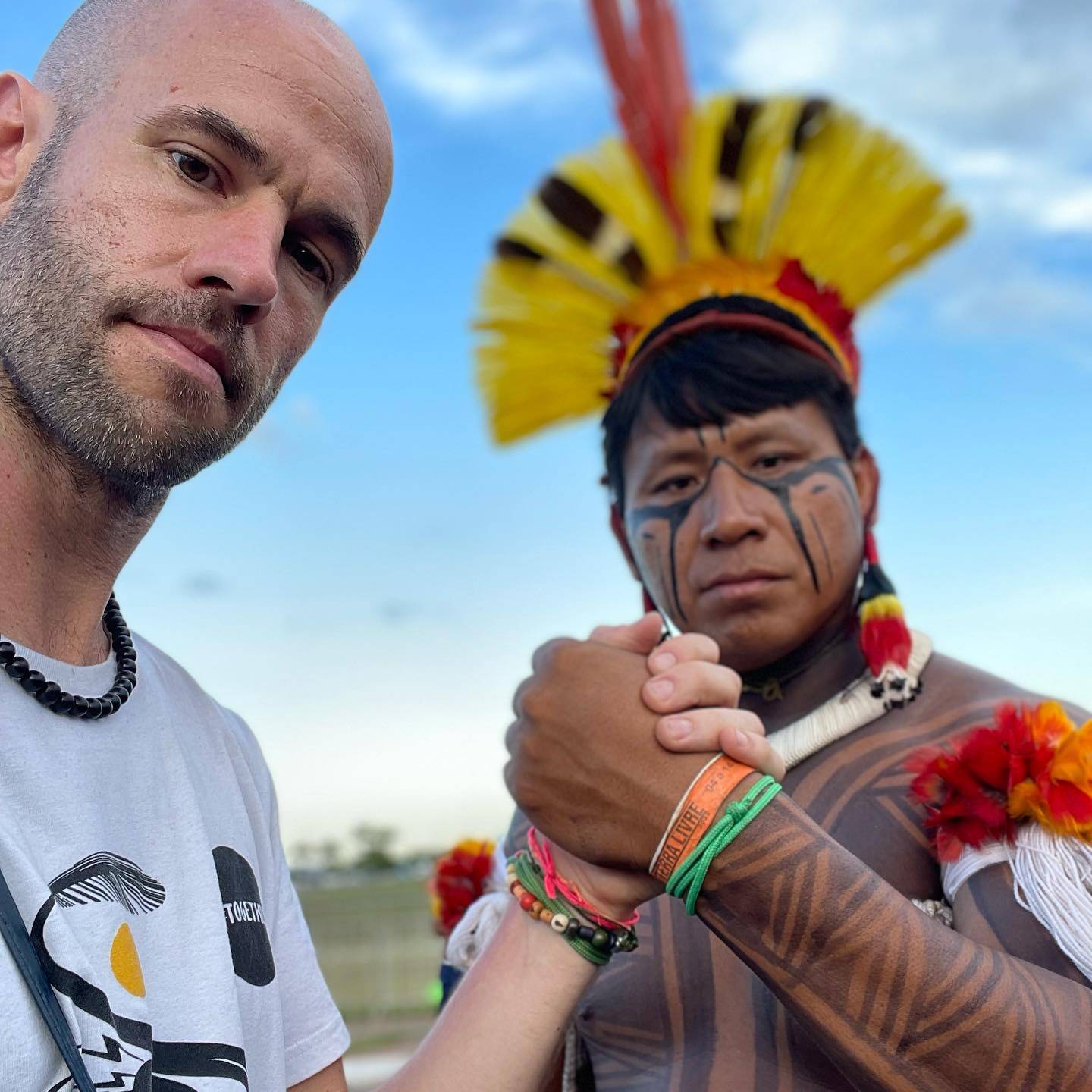
Why Earth Day is More Important Than Ever
It’s 52 years since the first Earth Day, and sadly, we haven’t come as far as those pioneering protesters would have hoped for in over half a century…
By hannah rochell
14 april 2022
The History
Back on April 22nd 1970, millions of people took to the streets to protest about the negative impact that 150 years of industrialisation had had on the planet. Now after 200 years of industry, travel, power, city expansion and myriad other factors that have had a catastrophic effect on the Earth’s environment. In addition, since 1970, wild animal populations have halved while the human population has doubled, putting even more pressure on natural resources. The world is now facing the greatest rate of extinction since the dinosaurs disappeared; orangutan, rhino and leopards are amongst those in mortal danger of disappearing forever.
It’s ‘now or never’
The Intergovernmental Panel on Climate Change (IPCC) has just released its third and final report, which draws on the work and knowledge of thousands of the world’s leading climate scientists. Although it offered a glimmer of hope, stating that we can still stop the worst effects of climate breakdown, it came with a big caveat: governments all over the world need to act NOW to switch to low carbon economies and societies if we are to have the best chance of limiting global heating to that magic number, 1.5ºC. Greenhouse gases must peak by 2025; after that point they absolutely have to start decreasing. This is our final warning. Unless we all change the way we live immediately, there’s no going back.
What should governments be doing?
The first thing is to not delay: here in the UK, the government is dragging its heels and continues to pursue drilling for oil and gas in the North Sea, rather than concentrating on funding the insulation of our homes, installation of solar panels and heat pumps, and building onshore wind projects - all quicker and cheaper ways of not only lowering our energy bills, but transitioning to renewable sources. It needs to switch its focus from the greed associated with the fossil fuel industry and instead tackle both the climate crisis and the cost of living crisis. While millions of families can’t afford to heat their homes, oil giants are making billions in profits.
According to the campaign group Stop Cambo, Shell made £14.2bn in profit last year, and its CEO made £6.2 million. Now Shell wants to open up a new gas field - Jackdaw - which will make it even more money from rising gas prices while continuing to accelerate us towards climate catastrophe. Yet, with the right policy support from the British government, the UK could create 3 jobs in clean energy for every oil & gas job at risk.
What can we do as citizens on Earth Day (and beyond)?
Right now, we need to put pressure on those in power to take action. Write to your local MP to lodge your opposition for drilling for oil and gas, and show your support for renewable energy projects in your local area like onshore wind farms. Sign petitions like this one and share campaigns to your social media channels. Speak to your friends and family about environmental issues; you could even buy a #TOGETHERBAND as a gift and a talking point - we’d recommend Goal 7: Affordable and Clean Energy or Goal 13: Climate Action for Earth Day (they’re made from recycled Ocean Plastic®, so you’ll be doing your bit for plastic pollution at the same time).
In your day-to-day life there are small actions that collectively make a big difference, too. Consider switching to a plant-based diet and use public transport or cycle if you are able to. Try a slow fashion lifestyle, where you shop less often and keep your clothes for longer; wearing every item at least 30 times makes a huge difference to your carbon footprint. Ditch single-use plastics and refill your toiletries and household products with sustainable subscriptions. Change your bank account and pension to ones that don't invest in the fossil fuel industry and instead divert that money to good causes. Even simply not mowing your lawn (if you have one) for the month of May has been shown to increase biodiversity and help our ever-threatened insect populations.
Whatever you do though, don’t do nothing.
This article was first published in 2020 and has since been updated
100% of profits from the sales of #TOGETHER products go to charities that advance the Sustainable Development Goals. Find out more here.


